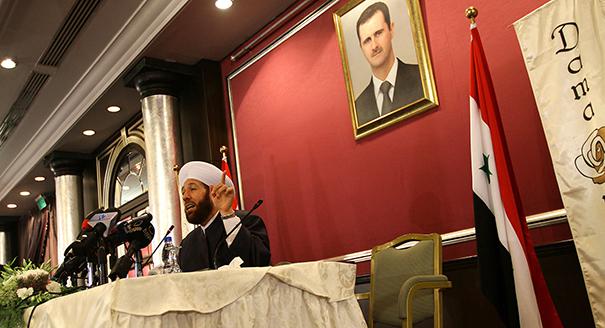Registration
You will receive an email confirming your registration.
The 2011 uprising in Syria totally transformed the religious establishment in Damascus. The regime sent into exile many prominent, influential religious figures who, forced to work from abroad, formed a religious opposition group called the Syrian Islamic Council. The regime also restructured what remained of the capital’s competing religious institutions. This robbed the religious establishment in Damascus of the financial and administrative independence that had been its key privileges. But it also presented new Sunni clerics from the capital’s hinterland with opportunities to enter the competitive religious arena -- as well as posing a major challenge to the SIC, obliged to operate in exile. In her latest paper, The Sunni Religious Establishment of Damascus: When Unification Creates Division, Laila Rifai mentions how the religious sphere in Rural Damascus Governorate is poised to become a political battleground as both the regime and the exiled opposition seek to court a new rising group of religious leaders.
To discuss the changes that have rocked the Damascus religious establishment since 2011, the Carnegie Middle East Center is hosting a live virtual discussion on Wednesday, June 24 from 2:00-3:00 p.m. Beirut (GMT+3). The event will be held in Arabic on the Center’s YouTube channel. Viewers may submit their questions using the live chat section on YouTube during the livestream. For more information, please contact Alex Müller at alexander.muller@carnegie-mec.org.
SPEAKERS
Laila Rifai is a writer and researcher, specializing in Syrian religious affairs.
Thomas Pierret is a senior researcher at CNRS-IREMAM, Aix-en-Provence.
Muhammed Mounir Al Fakir is a fellow at the Omran Centre for Strategic Studies.
